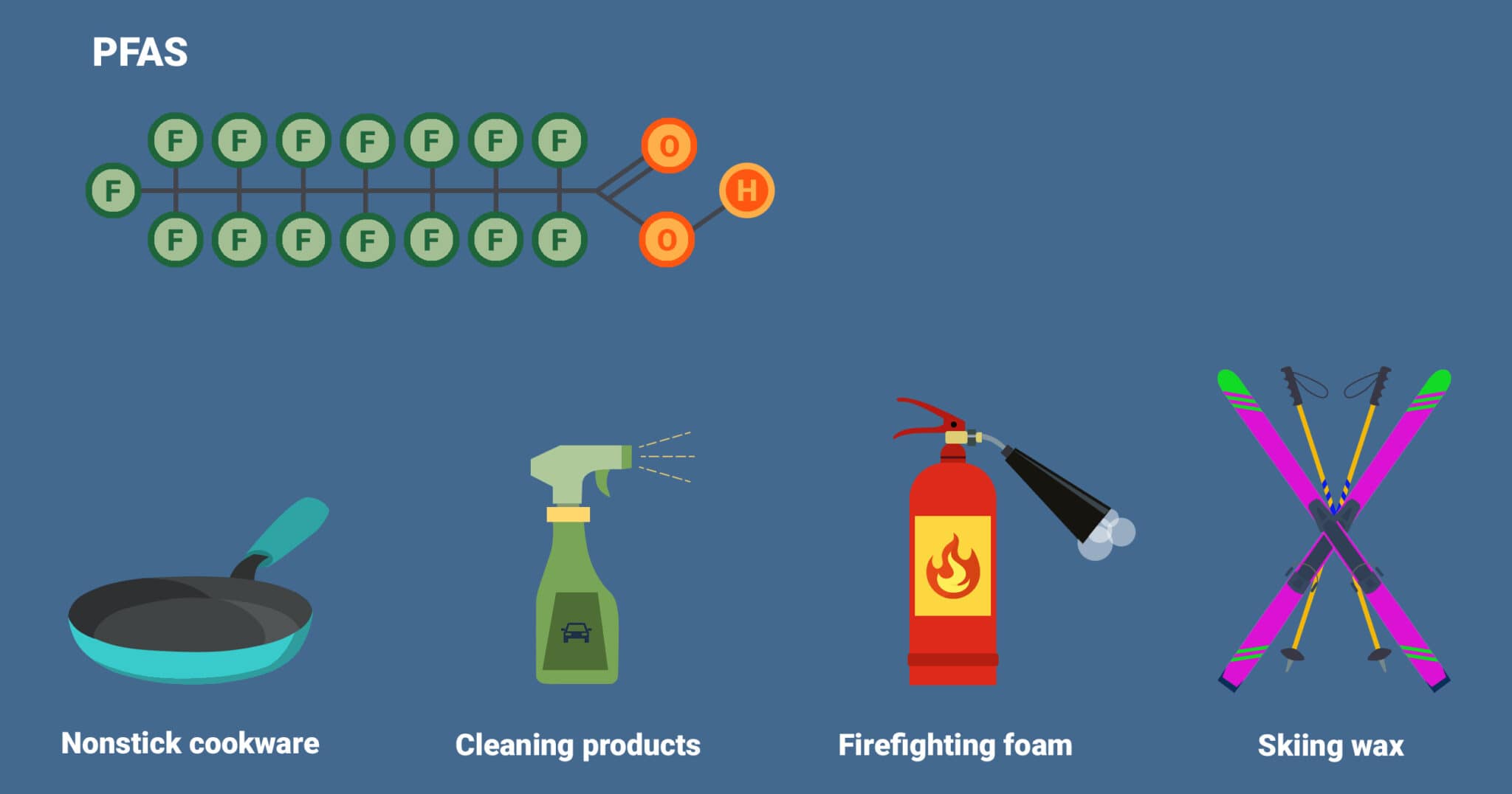
The International Ski and Snowboard Federation ‘FIS’ announced last week that fluorinated (or fluoro) waxes will be fully banned at the start of the upcoming 23/24 Northern Hemisphere winter season. FIS has intended to ban the use of fluoro wax for several years, but the ability to reliably monitor the use of a fluorinated wax has forced a postponement of this planned ban three times. In November 2019, FIS first floated the idea of a ban and was developing a handheld “Fluorine Tracker” machine to enforce the ban. However, the technology remained unreliable, and the ban was first postponed in October 2020 and then again in June 2021 due to inadequate testing opportunities during the previous season due to Covid-19. The third postponement came in August 2022 because the technology was still not 100% reliable.
- Related: FIS Postpones Fluoro Wax Ban — Again
Fluorinated wax contains lab-made chemicals known as perfluoroalkyl and polyflouroalkyl substances (PFAS). PFAS are very stable and are used, for example, in non-stick coatings or protective coatings. They are not biodegradable and will stay in the environment for a very long time. PFAS have been shown to be harmful to the environment and human health.

FIS has been working with Bruker Optics, a leading manufacturer of high-performance scientific instruments, to develop an effective and accurate testing method. Last winter, tests were being carried out, as well as the training of the officials who will carry out the testing, ensuring that the device will provide reliable results to ensure fluoro-free competition.

Testing for fluoro-waxes will happen at the FIS World Ski Championships, FIS World Cup competition, and other major events such as FIS Junior World Ski Championships. Testing at lower-level events will be carried out on a random basis to ensure those events are also regulated. “We are pleased that we can now fully implement the fluor wax ban across our major competitions,” said FIS Vice President Roman Kumpost, who worked closely with the project. “This is a key step in guaranteeing the integrity of competitions and minimizing the impact of the adverse health and environmental effects of the product.”
FIS will continue to work closely with all involved stakeholders throughout the summer to ensure everyone is fully prepared when the ban takes full effect at the start of the 23/24 season.
